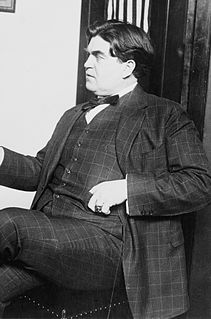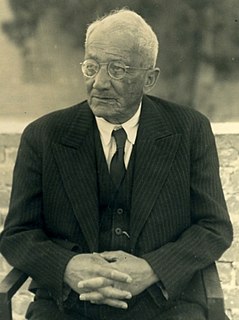A Quote by Mark Twain
Labor in loneliness is irksome.
Quote Topics
Related Quotes
Labor, being itself a commodity, is measured as such by the labor time needed to produce the labor-commodity. And what is needed to produce this labor-commodity? Just enough labor time to produce the objects indispensable to the constant maintenance of labor, that is, to keep the worker alive and in a condition to propagate his race. The natural price of labor is no other than the wage minimum.
Solitude is a condition of peace that stands in direct opposition to loneliness. Loneliness is like sitting in an empty room and being aware of the space around you. It is a condition of separateness. Solitude is becoming one with the space around you. It is a condition of union. loneliness is small, solitude is large. loneliness closes in around you; solitude expands toward the infinite. loneliness has its roots in words, in an internal conversation that nodbody answers; solitude has it's roots in the great silence of eternity.
Labor, like Israel, has many sorrows. Its women weep for their fallen and they lament for the future of the children of the race. It ill behooves one who has supped at labor's table and who has been sheltered in labor's house to curse with equal fervor and fine impartiality both labor and its adversaries when they become locked in deadly embrace.





































